
Screen Time, Impact On Children, Easy Hacks For Parents
April 05, 2024
Related
Topics

Hey
-
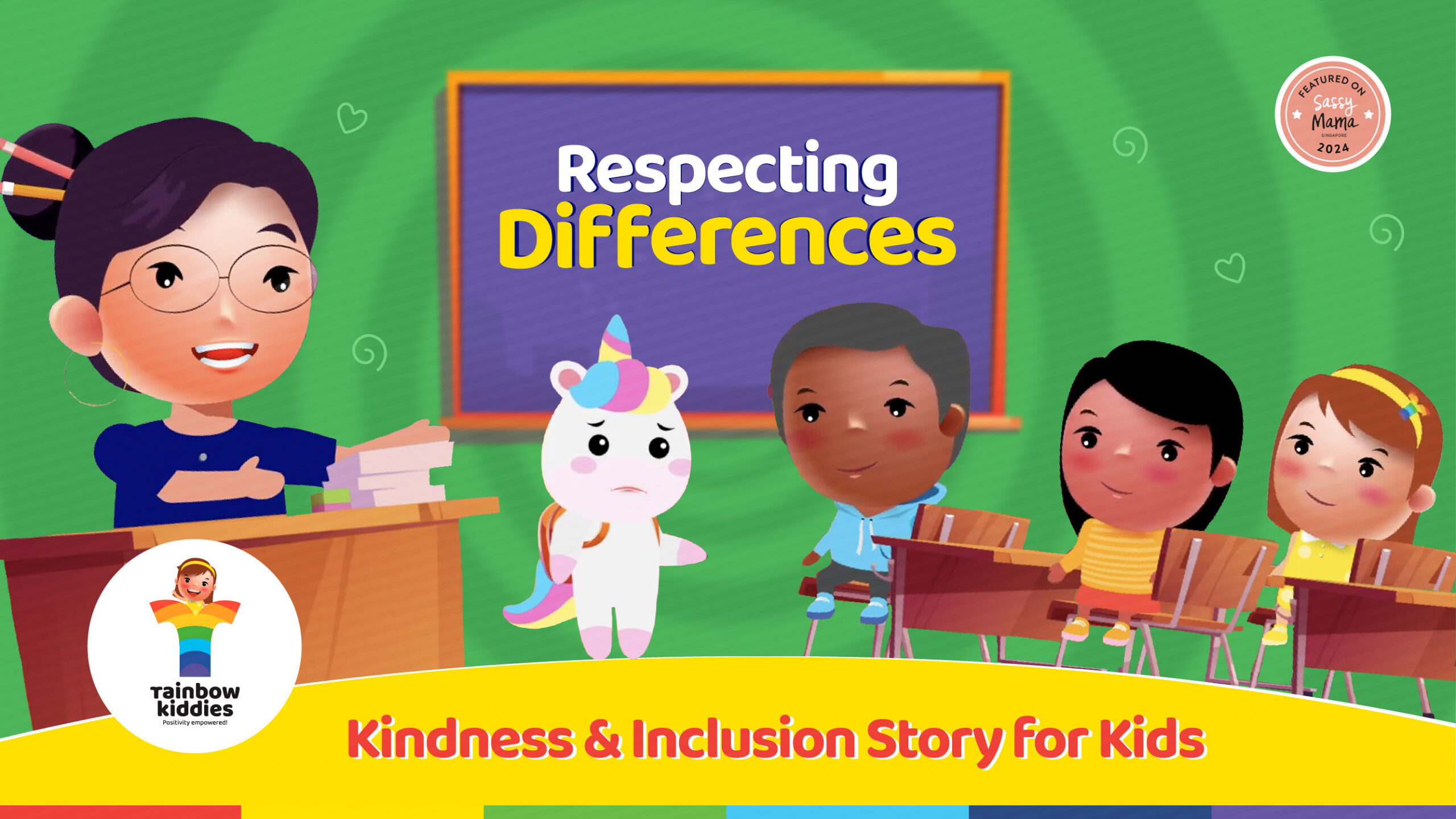
How to Respect Differences? – Kindness and Inclusion Story
-
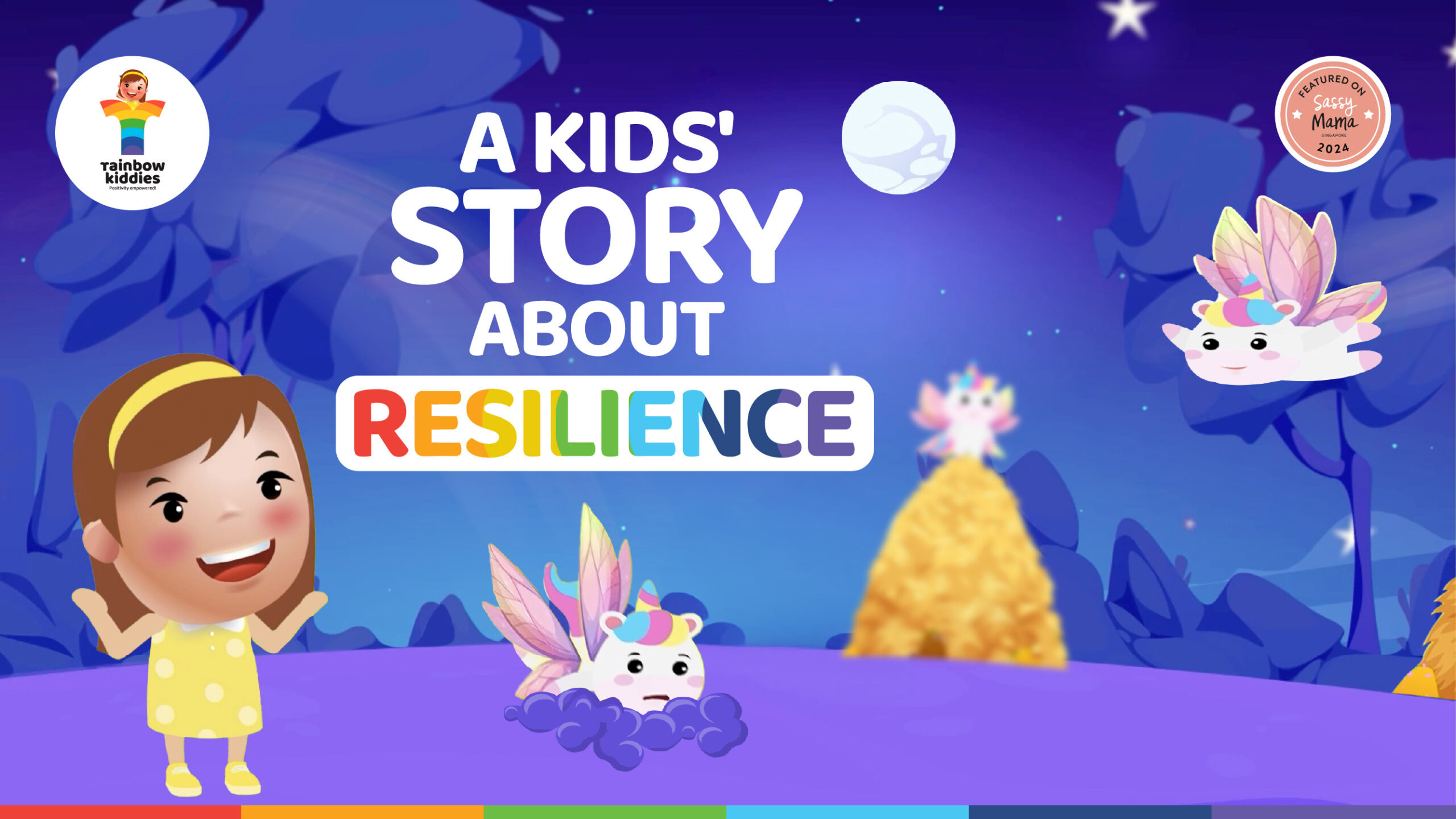
Resilience Story for Kids – How to Never Give Up?
-
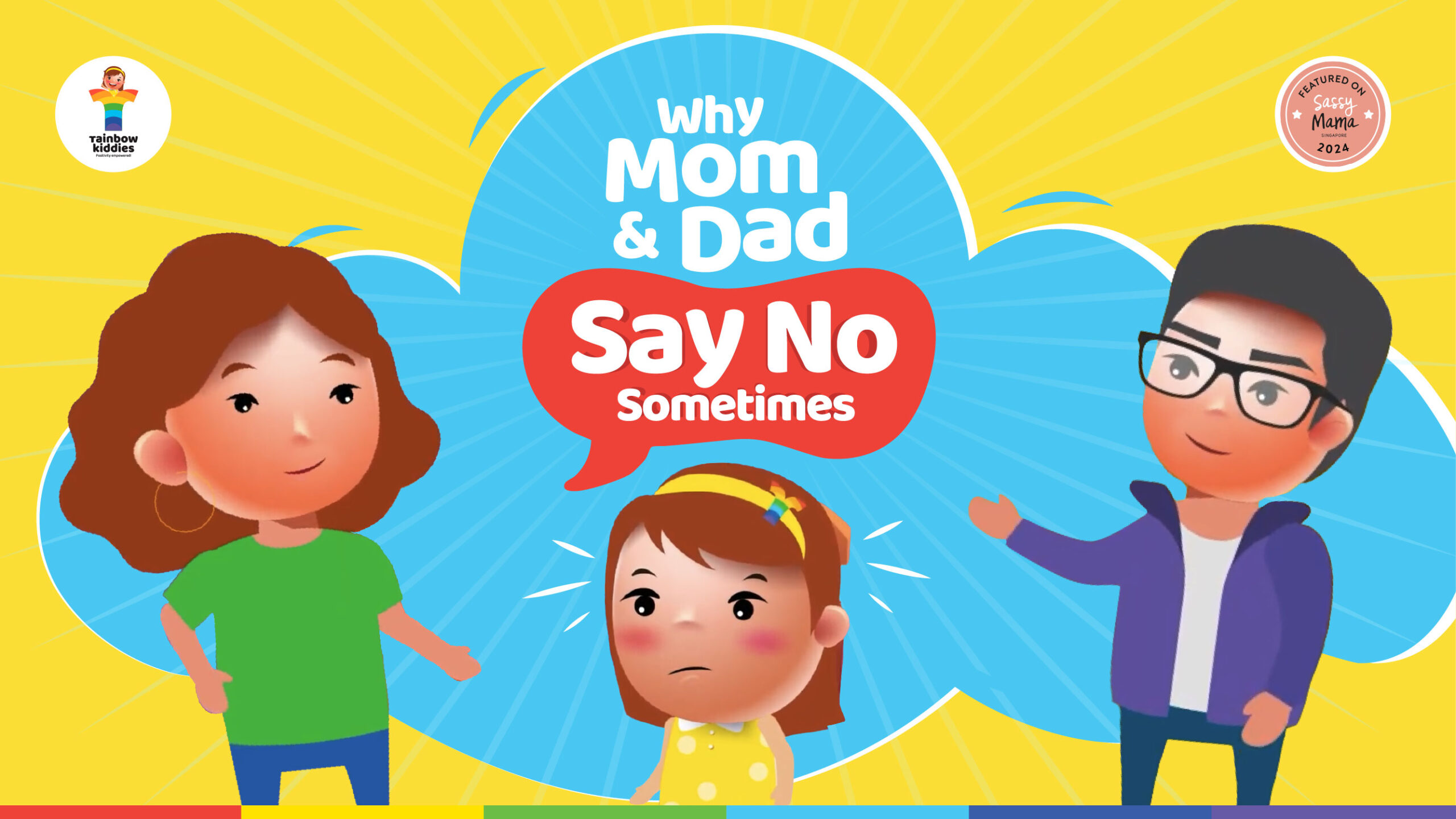
Parents Say ‘No’ to Kids – The Surprising Reason – Love
-
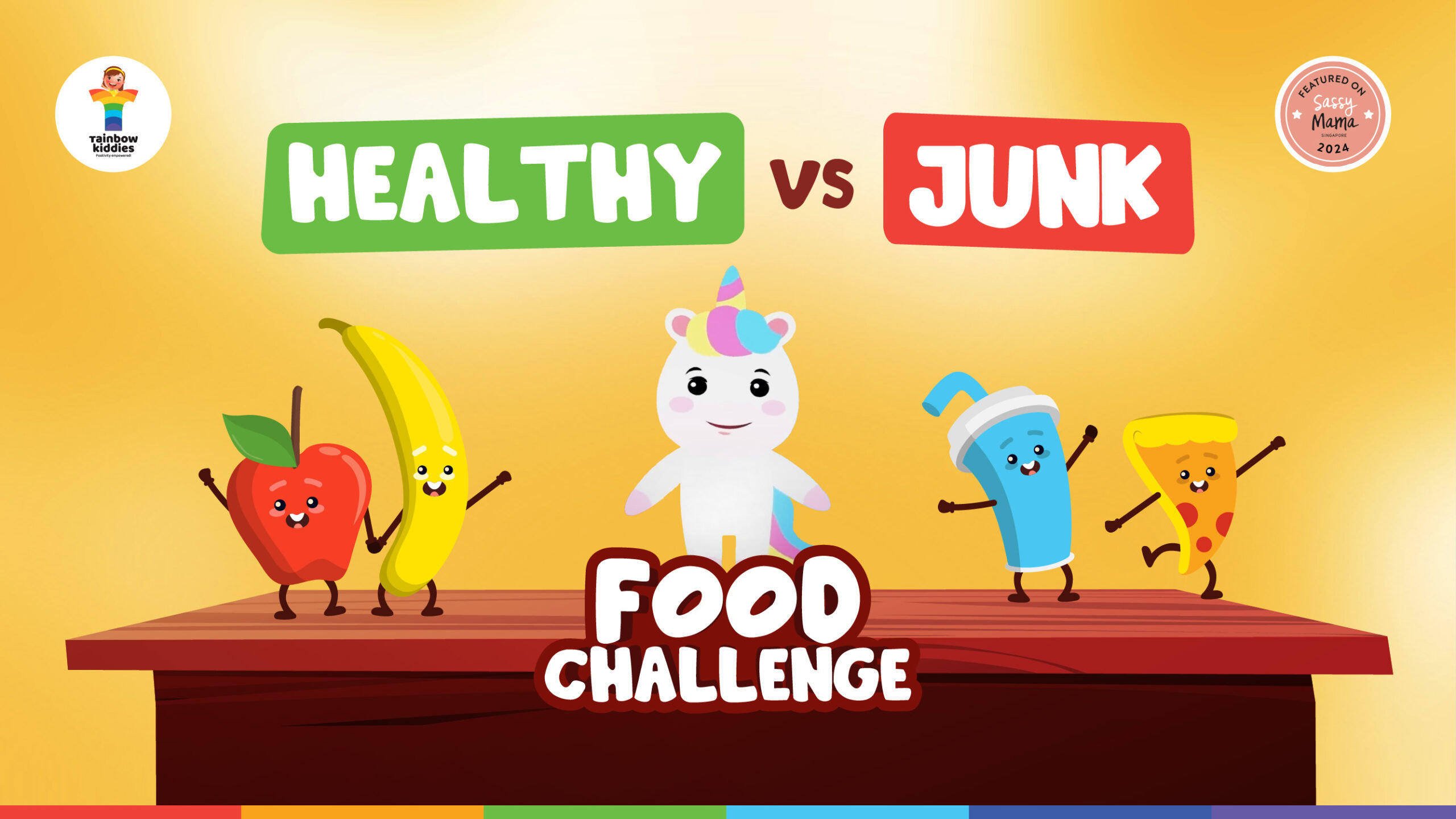
Healthy vs Junk Food Challenge – Make Smart Food Choices
-
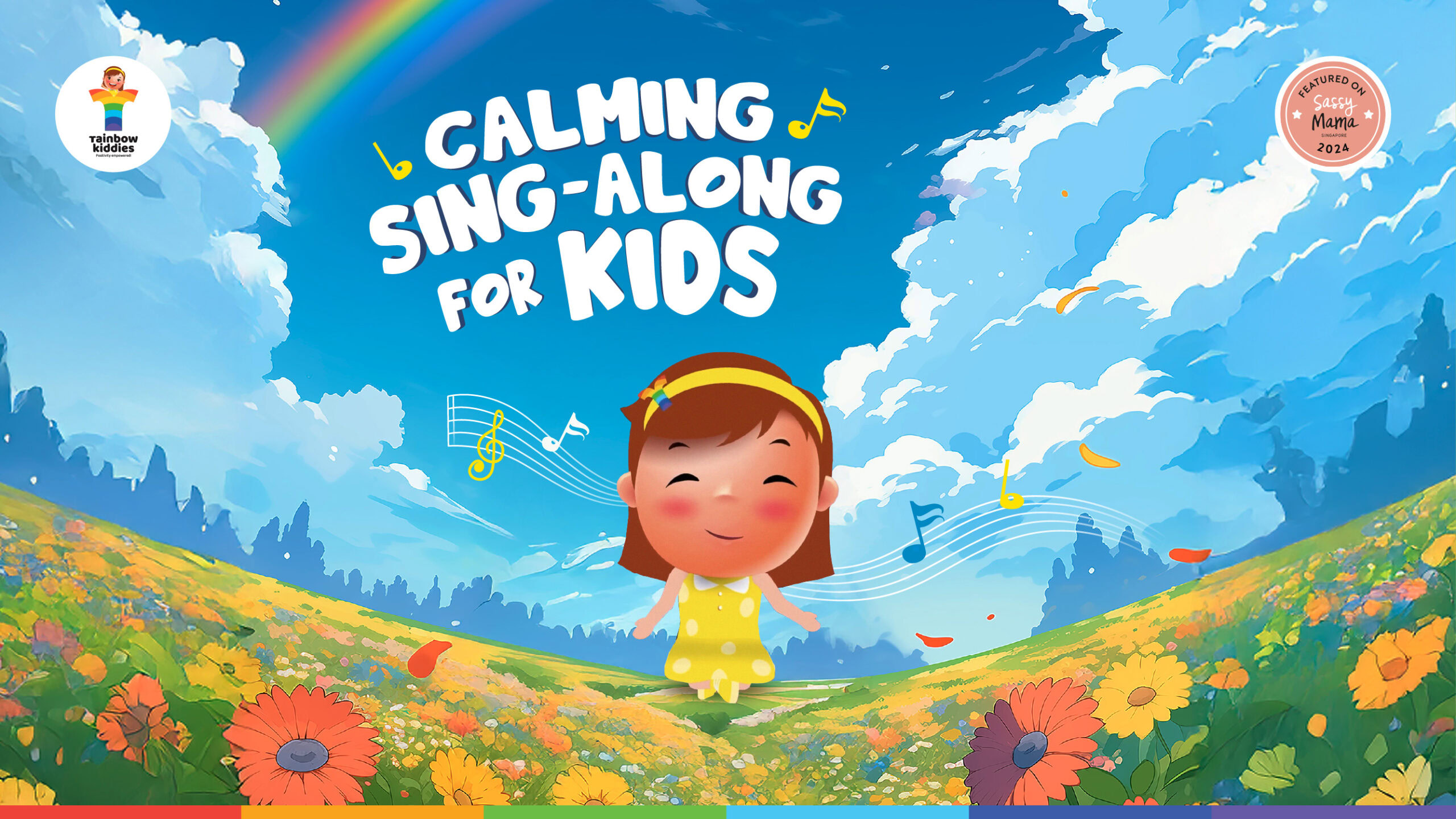
Simple Calming Sing-Along – Song for Kids to Manage Anger
Ready for more?
Hey
Sign up for Rainbow Kiddies newsletters for more stories and updates
In this podcast, we talk about screen time and its impact on children. We also share some recommendations for parents/ caregivers, and talk about the appropriate content types and screen time for each age group.
So, are you wondering how much screen time your children are getting? Or, how to make sure screen time is actually helping them? If yes, then this podcast is for you! We will also talk about the different impacts of screen time on children, and give you some recommendations on how to raise kids who are healthy and happy, without spending too much time in front of screens.
Read the full post on screen time and its impact on children here.
A Few Easy Hacks for Parents to Handle Screen Time
Keep sleeping areas/ bedrooms free of screens as far as possible. Ensure that co-sleeping families keep screens away in bed or during bedtime. The blue light emitted from screens can impact melatonin production in the body and affect sleep quality.
Parents can use active and restrictive mediation to moderate screen time and internet usage of children. Active mediation is when parents explain to their children about pros and cons of screen time. Restrictive is when parents can create house rules to check/ control screen usage. A healthy combination of both these strategies can be used to manage children between 6 to 18 years of age, depending on their nature and personality.
Have media free zones and times for everyone in the house. Read, play, draw or do some other activity with your children. Ensure that your children engage in at least an hour of physical activity every day. Get them to sleep for at least 8 to 12 hours (depending on the sleep requirements for their age).
For more detailed recommendations visit:
AMERICAN ACADEMY OF PEDIATRICS (2016). Media and Young Minds. Policy Statement.
AMERICAN ACADEMY OF PEDIATRICS (2016). Media Use in School-Aged Children and Adolescents. Policy Statement.
Sign Up for your Free Parenting Guide: “10 Everyday Ways to Raise an Emotionally Strong Child”


